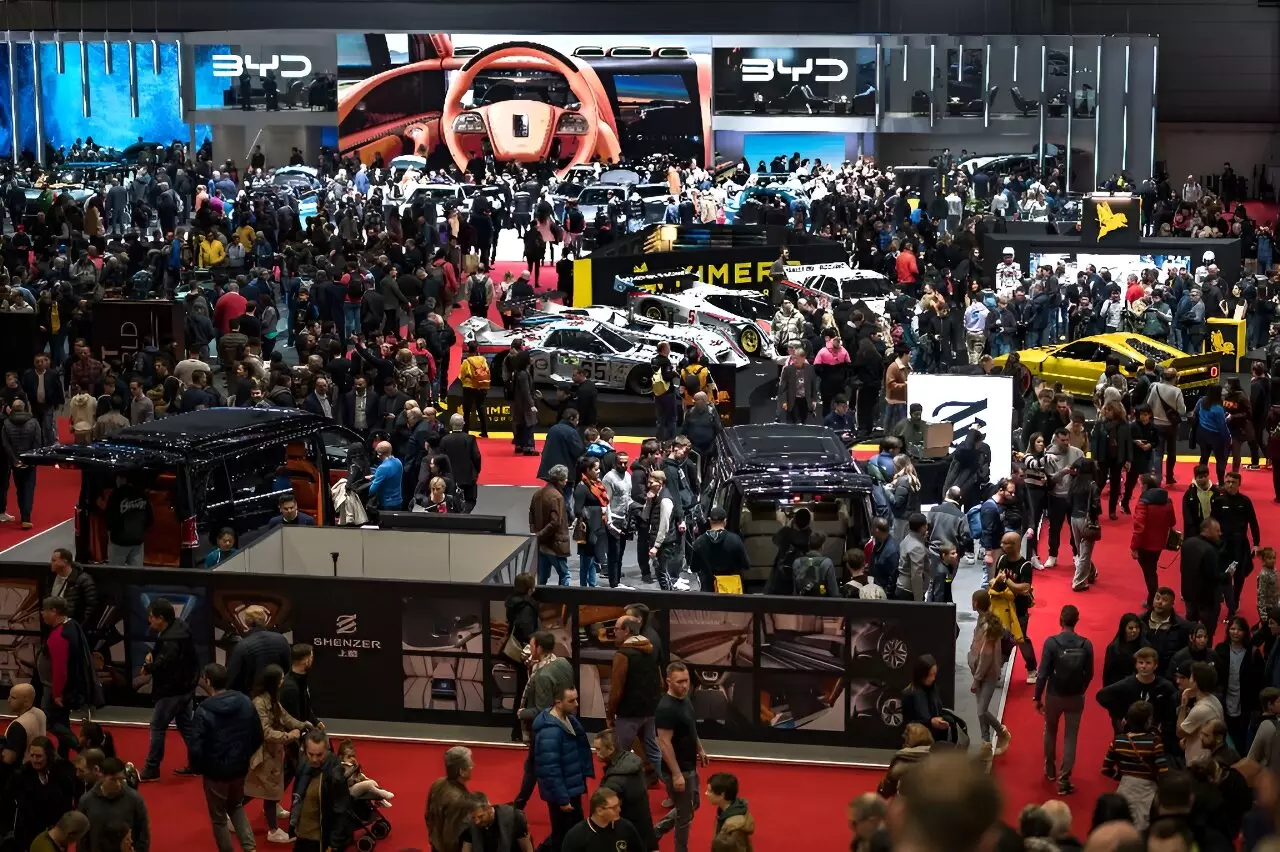The Geneva International Motor Show, a prestigious event with a history dating back over a century, will now be permanently cancelled due to a decline in interest from automakers. This decision marks the end of an era for what was once considered an essential gathering in the automotive industry. The show’s origins can be traced back to 1905 when it first attracted 17,000 visitors, eventually becoming a significant platform for showcasing the latest innovations in the industry.
Over the years, the Geneva International Motor Show grew in popularity, reaching its peak in 2005 with nearly 750,000 attendees. However, the COVID-19 pandemic dealt a severe blow to the event, causing it to be shut down for four years. The recent edition in 2021 saw a significant decline in exhibitors and visitors, reflecting the waning interest in the show. In comparison, the 2019 edition, held prior to the pandemic, attracted 602,000 visitors and 184 exhibitors, highlighting the stark contrast in participation.
According to Alexandre de Senarclens, president of the foundation behind the event, several factors influenced the decision to cancel the Geneva International Motor Show. The lack of interest from manufacturers, stiff competition from other European shows such as Paris and Munich, and the substantial investment required to sustain the event all contributed to its downfall. The changing dynamics of the automotive industry and the diminishing appeal of traditional auto shows further exacerbated the situation.
While the Geneva International Motor Show comes to an end, the Qatar edition of the event will continue its journey. Following a successful debut last year, the Qatar edition is set to take place again in November 2025 in Doha. The decision to focus on the Qatar event reflects a strategic shift in response to the evolving landscape of the automotive industry and changing preferences among automakers and attendees.
The cancellation of the Geneva International Motor Show symbolizes the end of an era for the renowned automotive event. As the industry continues to evolve, traditional events like this face increasing challenges in maintaining relevance and attracting participants. The rise of alternative platforms and the shifting priorities of stakeholders have reshaped the dynamics of the automotive showcase landscape.


Leave a Reply